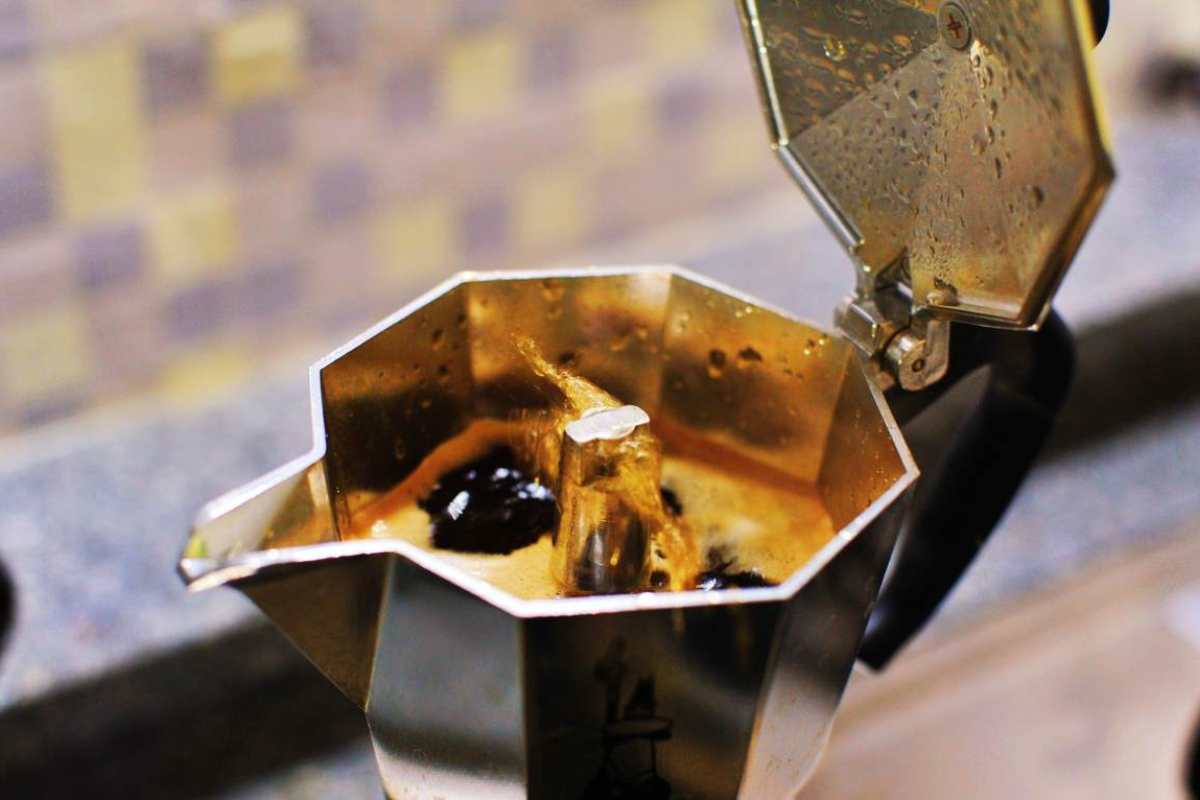Coffee is an essential ritual for millions of Italians. The history of our beautiful country is intertwined with that of a drink that is history, culture, tradition.
It’s hard to imagine an Italy where he was suddenly banned, absurdly, at all social levels, the use of coffee. A real popular revolution would take place, as well as, we reason on the basis of a real utopia, hundreds of companies would see their total collapse take place. Coffee is Italian history, it is tradition, it is culture, it is business. The history of coffee has been intertwined with our life for decades and decades. Coffee embraces cinema, television, marketing and communication. On the use, consumption and sale of coffee, there are companies that invest millions of euros every year to obtain huge revenues. Above all, it is an indispensable moment, it is a ritual, it is an aroma-flavor combination like there are few. The Italian spirit in the world is intertwined in a double way with the history of coffee, yesterday and today.
Could we give up the ritual of a coffee at the bar with friends? Coffee is conviviality, it is warmth. Or we could do without a coffee when you wake up or after lunch? But it’s time to understand, to get informed, to realize what they are, according to recent studies, either the positive and negative effects of Italian coffee.
Coffee and health: ritual, tradition and culture. But watch what science says
Considerable research, corroborated by authoritative scientific studies, puts us in the position, reasonably, of being able to think that, consumed in a suitable way, coffee can really have considerable benefits on our body.
For example, according to the study “All coffee types decrease the risk of adverse clinical outcomes in chronic liver disease: a UK Biobank study”, drinking three coffees a day would reduce the risk of liver disease. And more research “Association of Coffee Intake With Survival in Patients With Advanced or Metastatic Colorectal Cancer” instead found a reduction in the risk of colorectal cancer, one of the “big killers” among modern cancer diseases.
Let’s not forget the countless nutritional studies that show that coffee, consumed immediately after a protein and healthy meal, it deeply reduces the sense of hunger, blocks the appetite. That is why it is called a great enemy of obesity.
But let’s get to the negative effects, why the downside exists and how. And all this must inevitably be taken into account. According to some studies, coffee for the abilities it has of set in motion certain mechanisms of the brain, can be considered a true e own psychoactive substance. What happens to our brain, our mood, our body if we drink too much coffee? Meanwhile, the reactions are strictly subjective. There are people, it is clear, who consume over five cups per day, a very high average, and do not suffer from any reaction to their own Balance, to your own humor.
Negative and positive effects: authoritative scientific opinions from the world
There are people instead totally or almost intolerant to caffeine. For them the worst thing would be to drink a narrow, strong, intense espresso from the bar, fasting, with 35 degrees of outside temperature, in the height of summer. Heartbeat increases, tachycardia, headache, stomach pains. A total disaster for the physicist.
The consequences of excessive coffee consumption are manifold. First, as it also highlights the European Food Safety Authority (EFSA), in general, for adult consumers it is recommended not to exceed five cups per day, for a total of 400 milligrams of caffeine. But in this case you must have a healthy body and tolerant to coffee. Otherwise the average inevitably drops to three, even two.
Also in this case, in recounting the negative aspects of coffee, so to speak, there is support authoritative scientific studies. Beware of contraindications compared to those who habitually use certain drugs. There is a concrete risk of “Giving life” to really dangerous mixes for people’s health.
Coffee and health: watch out for dangerous mixes
The effects of caffeine, explains the Mayo Clinic, they are then “implemented to the nth degree” by some active ingredients contained in certain medicines, such as ephedrine, theophylline and echinacea, which could increase the risk of stroke, heart attack, hypertension and heart palpitations. The American institute stresses that you should always ask your doctor if caffeine can “negatively affect” the prescribed drugs, with dangerous consequences.
READ ALSO >>> Increase in petrol: the 100 euro bonus and the situation in Italy
As for the debated issue of the coffee consumed during pregnancy, most scientific and medical studies show that even 200 milligrams of caffeine could be deleterious for the development of the fetus. Exceeding these doses, in extreme cases, could lead to consequences for the unborn child that is scary just to name. There is talk of the risk of death and low birth weight, spontaneous abortion and acute childhood leukemia. Are the doctors exaggerating? The cases listed, although rare, are the result of dramatic situations experienced in reality. There is also talk, in scientific journals, of cases of children born with childhood obesity, due to mothers who consume coffee.
Furthermore, as we have already told in the past, coffee on an empty stomach, except in rare cases, should absolutely not be consumed. It is like simulating digestion, it is like forcing the stomach into empty activities. Gastric juices a go go, aches, nausea, headaches, it is always better to consume a little something next to coffee or drink it after one of the three main meals.
